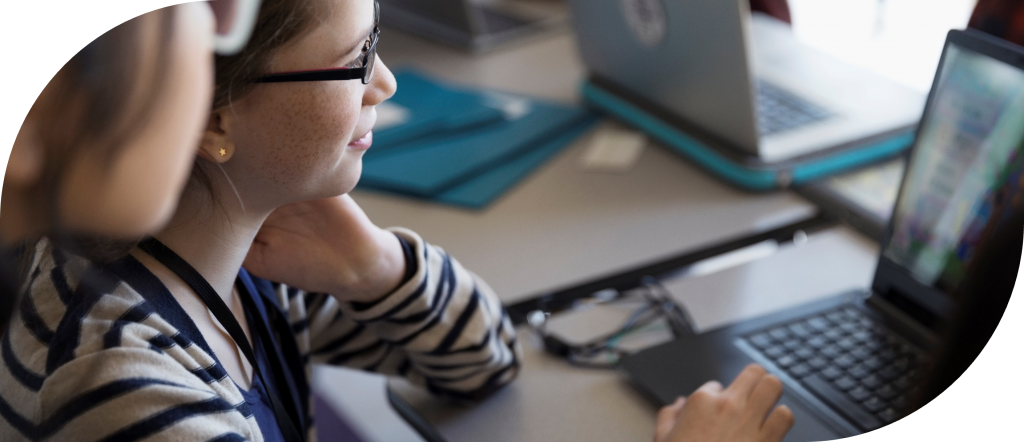
3:47 pm, Wednesday, 6th January 2021
Who can go to school?
Read the full article on Gov.uk, ‘Children of critical workers and vulnerable children who can access schools or educational settings’.
Following the Prime Minister’s announcement on 4 January 2021, only children of critical workers and vulnerable children and young people should attend school or college. All other pupils and students will receive remote education.
Vulnerable children and young people
Vulnerable children and young people include those who:
- are assessed as being in need under section 17 of the Children Act 1989, including children and young people who have a child in need plan, a child protection plan or who are a looked-after child
- have an education, health and care (EHC) plan
- have been identified as otherwise vulnerable by educational providers or local authorities (including children’s social care services), and who could therefore benefit from continued full-time attendance, this might include:
- children and young people on the edge of receiving support from children’s social care services or in the process of being referred to children’s services
- adopted children or children on a special guardianship order
- those at risk of becoming NEET (‘not in employment, education or training’)
- those living in temporary accommodation
- those who are young carers
- those who may have difficulty engaging with remote education at home (for example due to a lack of devices or quiet space to study)
- care leavers
- others at the provider and local authority’s discretion including pupils and students who need to attend to receive support or manage risks to their mental health
Critical workers
Parents whose work is critical to the coronavirus (COVID-19) and EU transition response include those who work in health and social care and in other key sectors outlined in the following sections. Children with at least one parent or carer who is a critical worker can go to school or college if required, but parents and carers should keep their children at home if they can.
Health and social care
This includes, but is not limited to, doctors, nurses, midwives, paramedics, social workers, care workers, and other frontline health and social care staff including volunteers; the support and specialist staff required to maintain the UK’s health and social care sector; those working as part of the health and social care supply chain, including producers and distributors of medicines and medical and personal protective equipment.
Education and childcare
This includes:
- childcare
- support and teaching staff
- social workers
- specialist education professionals who must remain active during the coronavirus (COVID-19) response to deliver this approach
Key public services
This includes:
- those essential to the running of the justice system
- religious staff
- charities and workers delivering key frontline services
- those responsible for the management of the deceased
- journalists and broadcasters who are providing public service broadcasting
Local and national government
This only includes those administrative occupations essential to the effective delivery of:
- the coronavirus (COVID-19) response, and the delivery of and response to EU transition
- essential public services, such as the payment of benefits and the certification or checking of goods for import and export (including animal products, animals, plants and food), including in government agencies and arms length bodies
